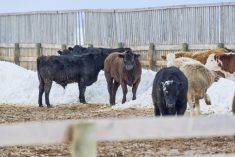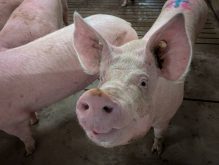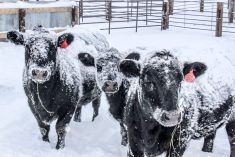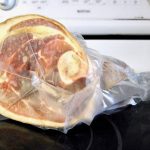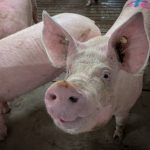A cull of “high-risk animals” is underway on a farm in Quebec’s Rimouski district after a sheep in a small herd was confirmed last month with scrapie.
The Canadian Food Inspection Agency (CFIA) confirmed both the cull and a quarantine on the farm in a statement Wednesday.
The agency said it’s now in the usual follow-up mode for such cases, reviewing farm records and tracking movements of animals onto and off the premises in the past five years.
The animal, which was tested after showing clinical signs of the disease, is Canada’s second case in 2008, following a ewe from a Belleville, Ont. flock that was tested as part of the national scrapie surveillance program.
Read Also
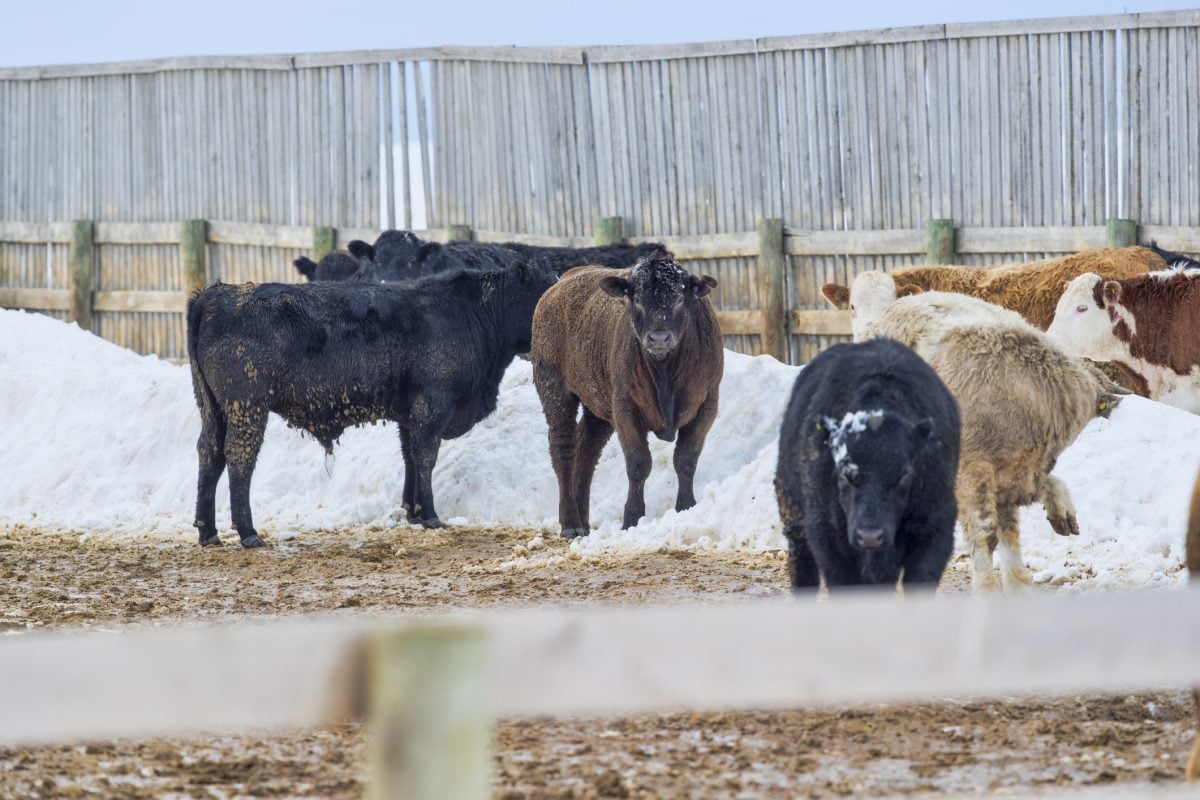
U.S. livestock: Cattle retreat, hogs rise
Chicago cattle futures retreated on Tuesday as regions of the U.S. reopened following snowstorms. “Weather impacts on the cattle market…
Scrapie is a member of the transmissible spongiform encephalopathy (TSE) family of diseases, whose members also include BSE in cattle, chronic wasting disease in elk and deer and Creutzfeldt-Jakob disease in people.
According to Health Canada there’s no known link between scrapie and human health, but animals that carry the disease are kept out of the Canadian food chain due to evidence that suggests some TSEs, such as BSE, may affect humans who eat high-risk tissues from infected animals.
Scrapie was first detected in Canada in 1938 and has been a reportable disease here since 1945. Prior to this year there have been 161 domestic cases since 1984, with just two each in 2006 and 2007. Of the 2007 cases, one in Saskatchewan was deemed to be “non-classical” scrapie.
Routine detections of scrapie are expected through the national surveillance program, CFIA said.


